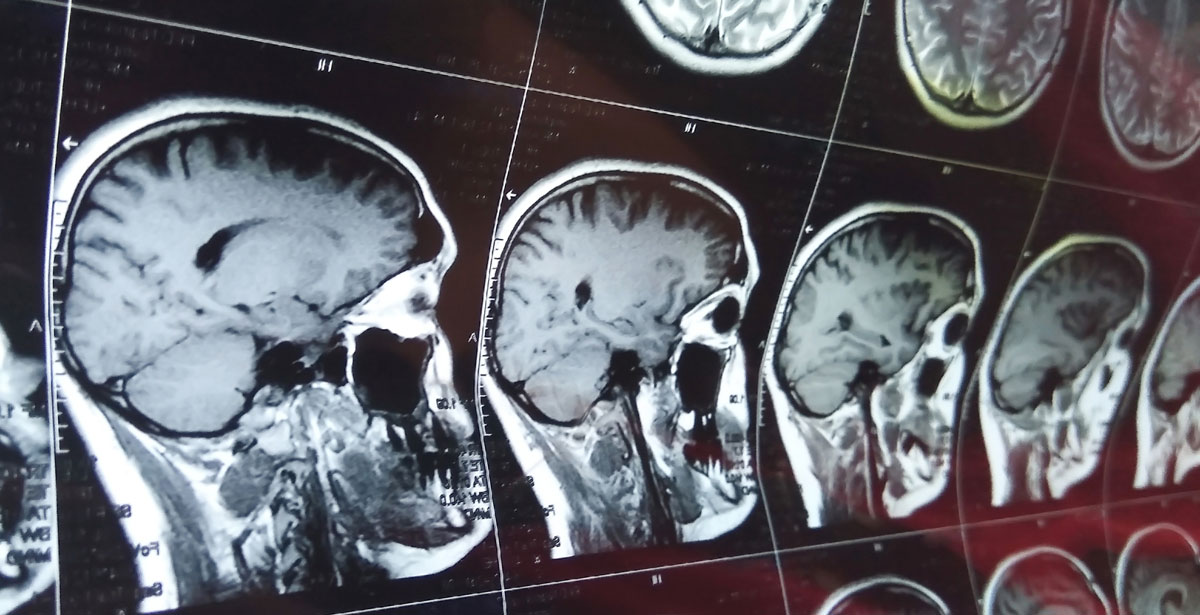About
The research in our lab focuses on how memories are formed and retrieved and how different brain structures are involved in these processes. Additionally, we are interested in how memory formation and retrieval may change in normal aging and as a consequence of diseases such as Alzheimer’s disease. We use several different methods to investigate these questions, including computerized behavioral tests, cognitive tests, and brain imaging (structural MRI, functional MRI, PET). Below are descriptions of several research studies related to Alzheimer’s disease ongoing in the lab. If you are interested in participating in one of these studies, please visit our Participate in a Study page.
Projects include:

High-Resolution Neuroimaging Biomarkers for Preclinical Alzheimer’s Disease
Project 1 of the Alzheimer’s Disease Research Center (ADRC) strives to understand the conditions underlying the preclinical stage of Alzheimer’s disease in humans. We are interested in understanding the role of Alzheimer’s pathology (e.g., amyloid plaques) in the brains of older adults ages 65-85 before manifestation of cognitive symptoms (i.e., during the preclinical phase). Pathology is thought to change the brain’s structure and function in subtle ways at the earliest stages of the disease, particularly in memory circuits. We have developed advanced high-resolution brain imaging tools as well as computerized cognitive tests that are highly sensitive to the earliest changes in the disease process and allow for a comprehensive view of the impact of Alzheimer’s risk on the brain to pave the way to early detection and diagnosis.
In this project, we study cognitively normal older adults as well as older adults with mild cognitive impairment to compare their brain features measured by Amyloid beta CSF assay and high-resolution MRI. We also studied a special cohort from The 90+ Study (in collaboration with Dr. Claudia Kawas’ group) who are considered to represent oldest-old adults with cognitive resilience. In addition, Down Syndrome cohort was included in this project.
(ADRC Project 1, National Institute on Aging, P50 AG16573)
Future Studies
We are expanding the biomarker research involving other types of assays (e.g., metabolomics, genomics) and larger special cohorts (e.g., Down syndrome).
Impact
In the past, our research group has focused on identifying novel biomarkers and cognitive assays for aging and cognitive decline as well as developing advanced, high-resolution neuroimaging approaches. Many questions around normal aging and neurodegenerative diseases remain unanswered, however. The relationship among Ab or Tau pathology, structural/functional neuroimaging biomarkers, and cognitive decline in the elderly (including special cohorts, such as Down syndrome) is largely unexplored. This study will help us understand how these factors contribute to Alzheimer’s disease progression, differentially from normal aging.
Neuroimaging Biomarkers for Cognitive Decline in Elderly with Amyloid Pathology
Age-related cognitive decline is a significant public health concern as the population over the age of 60 continues to grow sharply. Advances in understanding the mechanisms that underlie this decline will allow for effective interventions and substantially reduce the burden on families as well as government and social programs. Establishing early indicators of the disease process during the preclinical stage is a critical goal of biomedical research. This project’s goal is to determine the neural features (i.e. biomarkers) associated with amyloid pathology accumulation, and determine objectively how to combine these biomarkers to identify individuals with preclinical Alzheimer’s disease.
In this project, we will combine state-of- the-art high-resolution multimodal MRI tools with targeted, innovative cognitive testing approaches and leverage our local UCI Alzheimer’s Disease Research Center (ADRC) to assist in recruiting older adults aged 60-85 years old with normal memory to participate in the project’s studies. We will conduct PET scans on all participants to determine amyloid status (targeting 50% positivity across the whole sample) and amount of tau pathology. Collectively, the studies within this project will significantly inform our understanding of cognitive decline in the aging brain in the presence and absence of amyloid and tau pathology and allow us to better define preclinical AD and make recommendations for future intervention trials.
(National Institute on Aging, R01 AG053555-01A1)
Future Studies
In addition to identifying novel biomarkers, we are expanding our investigation focused on the relationship between life-style factors (e.g., sleep, exercise, social interactions) and cognitive decline.
Impact
Our biomarker studies have the potential to significantly inform our understanding the neural basis of preclinical Alzheimer’s disease and present novel targets and opportunities for non-invasive intervention. As we conduct longitudinal follow-up study, we will be able to track cognitive/clinical outcomes and assess the biomarker predictive validity.
Sensory Enrichment for Older Adults- Clinical Trial Phase 2
This study explores olfactory sensory stimulation as a means of enhancing cognitive abilities. It is known that smelling fragrances may result in improved feelings of well being, with supporting data from research studies showing fragrance stimulation increases feelings of relaxation while decreasing feelings of anxiety. In addition to the quality of life benefits, fragrance stimulation may improve cognition and memory, as well as improve general olfactory (smell) functioning. In this study, we will determine if a daily sensory enrichment regimen using fragrances for 6 months can improve cognitive skills, as measured using a series of cognitive tests. We also will determine if mood/mental state of mind or olfactory functioning improve following fragrance stimulation.
Participants must be 60-85 years of age and in good general health with no diagnosis of memory impairment. Diagnosis of any breathing or sleep disorder such as asthma, sleep apnea, COPD, or allergies that are aggravated by essential oils are disqualifying. The study involves 4 visits to UCI over 6 months, each approximately 2 hours, as well as nightly sensory enrichment at home involving the use of a fragrance diffuser provided by the study.
Impact
Future Studies
Project Team

Soyun Kim, Ph.D.
Assistant Project Scientist

Lisa Taylor
Neuroimaging Analyst

Mithra Sathishkumar
Imaging Analyst

Graduate Student

Graduate Student
